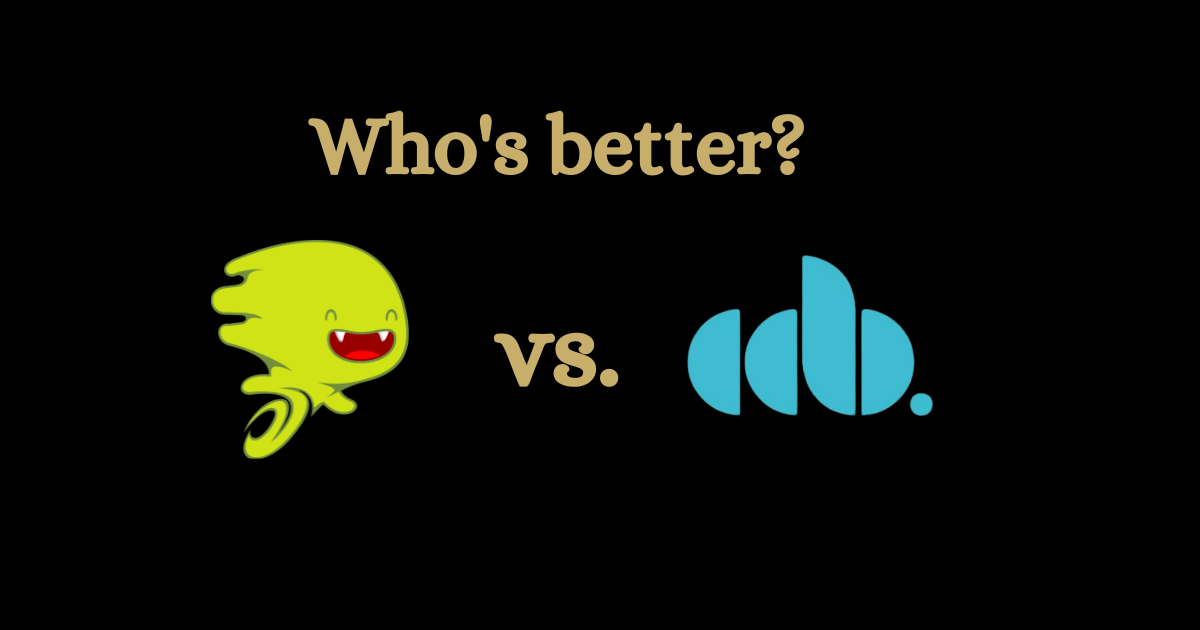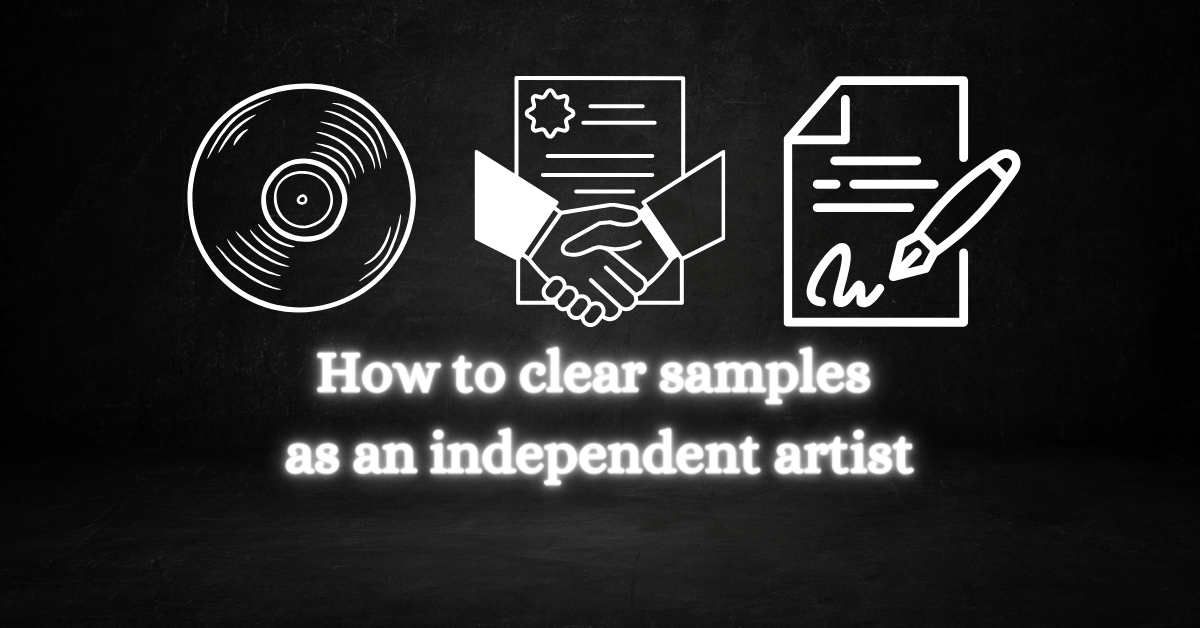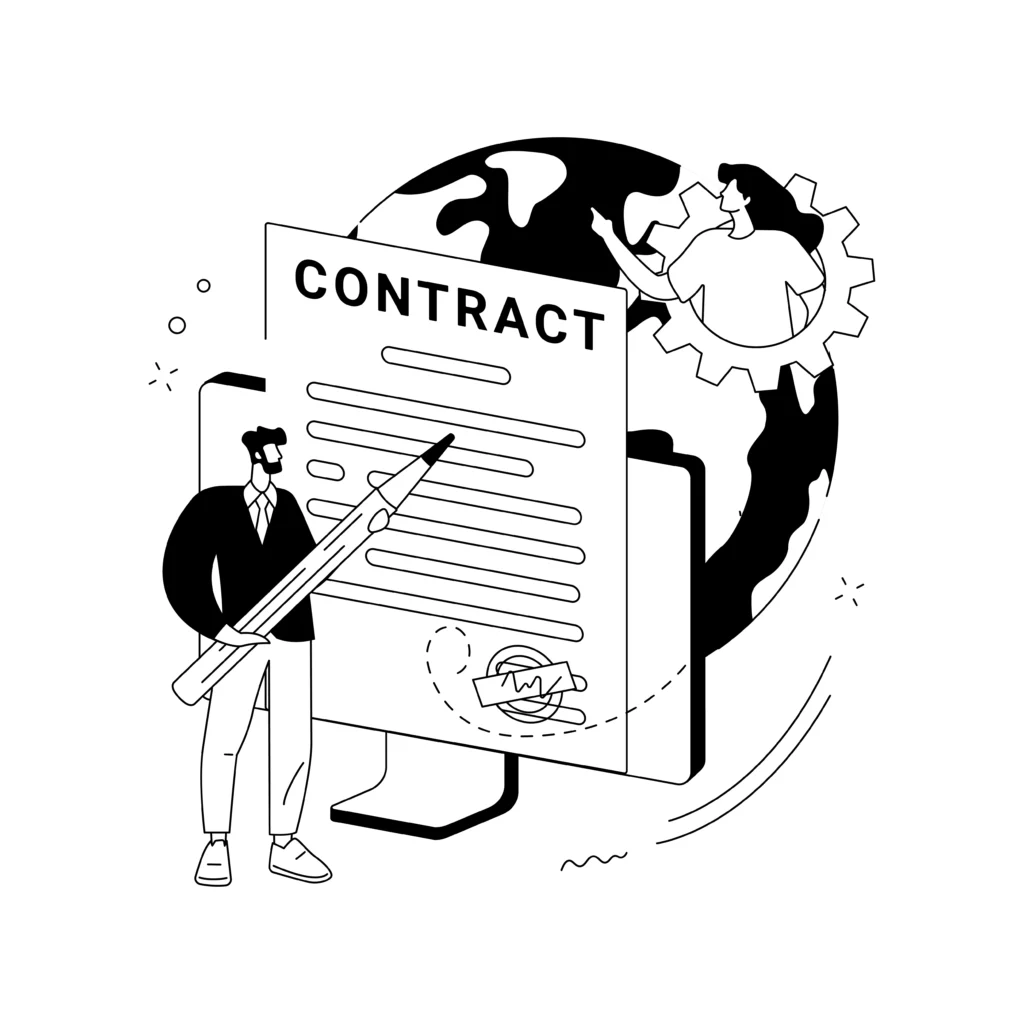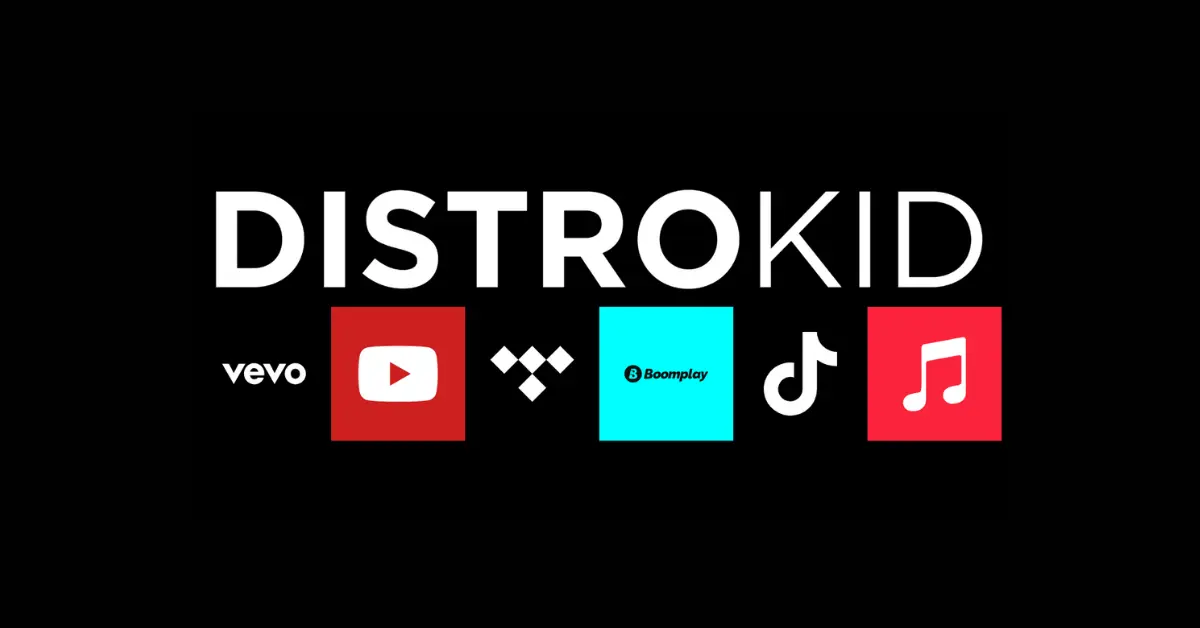
DistroKid vs. CD Baby
DistroKid vs. CD Baby Music Distribution for Independent Record Labels What’s good guys, Today I will be doing this post to discuss and share my

With music sampling becoming popular in Hip-Hop in the 1970s, and producers layering drum breaks, vocal snippets and chopping up melodies, to this day it is unclear for most independent artists what the copyright implications behind clearing a sample are.
Clearing samples for your music as an independent artist can be an expensive and time-consuming process.
Here are the exact steps I took to successfully clear a sample.
This is how to clear samples as an independent artist.
Sample clearance is the process of obtaining legal permission to use portions of pre-existing recordings and compositions for a commercial project. It is done to avoid copyright infringement and legal repercussions.
While sampling without clearance has been common practice in underground music scenes, the rise of digital platforms and increased scrutiny on copyright enforcement make it riskier than ever.

The 2 types of licenses you will most likely need to clear a sample are:
A master use license is negotiated between the rights owner of the sound recording, usually the record label, and the person who has used the sample.
It’s important to note that regardless of whether you have chopped up, changed the tempo or pitch of the sample, you have still used the original recording and have to clear the master.
An interpolation license is used to clear copyrighted material such as the melody and lyrics of a song. This license is needed for things such as:
The exact steps for every individual sample clearance will depend on the type of usage and who owns the copyright.
Here’s how to get started:
Before going out to contact rightsholders for clearing a sample, you need to write down and document the following things about the sample
It’s important to first find the music publisher who owns the controlled composition of the song, whether you have only re-recorded the lyrics or a melody from the original song, clearing it with the publisher is a must.
You can search for the song in the public repertory of BMI or ASCAP, and if you can’t find the song on there, you can also try searching for it on THE MLC’s public database search. There you can find the Publishers who represent the songwriters of the original work and their contact info.
They might also have a dedicated contact address specifically made for licensing request, you can make sure to check their website as well.
In order to get a sample cleared, it’s always best to go for the publisher first. This gives you a license over the publishing aspect of the song, which will later on give you leverage when contacting the record label or artist who owns the master recording.
You can start with an email, write down that you would like to clear the sample to your project, give them the exact songwriter names, song title and SoundCloud links of both the original song and the song that uses the sample.
They will most likely reply with a price, terms and propose the publishing splits. From there on you will have to negotiate with them
In most cases, this would be the record label or if it’s an independent artist, then it’s him. You can easily find the sound recording owner by just going to the Spotify Credits of the song and seeing the source.
Important: If you haven’t used the original recording, then you do not have to contact anyone for the master use license, since you have not used the original recording.
In most cases, this won’t be a difficult task, once you’ve identified the record label or person who owns the copyright to the sound recording, you can do a Google search, or find their website, there should be contact information in there for licensing such as email or phone number.
Let them know that you have used a sample of their recording, include all relevant information such as Recording Title, Artists, ISRC, Release date etc..
They will get back to you with their terms and price. In most cases, they would also like a percentage of the sound recording revenue.
If you plan on making a music video to a song which contains a sample, then you might need an additional license from the record label to use their recording to your song for the music video.
From my personal experience, the music publisher usually gives the right to create music videos to the song when you get the interpolation license, but the record label which licensed the recording to us required that we pay a separate agreement if we wanted to release a music video.
This is why it’s important to understand the exact agreement when you’re being sent the clearing document to sign it.
If and when you do get these sample clearances, make sure you understand what you are allowed and not allowed to do. Understanding the exact agreements with both the record label and music publisher can be a very daunting task. In any case if you do end up not complying with the agreement, your music can still be taken down.
Let’s delve into the most commonly asked questions when it comes to clearing samples.
It can take a couple of weeks up to a couple of months to clear a sample, depending on the type of usage, negotiation and rights owners.
If you have re-recorded lyrics or a melody from a pre-existing copyrighted work, without using the original recording, then you only need to get an interpolation license.
A lot of artists and producers use this technique in order to pay less for clearing a sample, since the are fees for clearing both the master recording and underlying compositon
As rightsholders, music publishers and record labels have the full right to reject your request to clear a sample. This can include things such as:
This also depends on things such as who the record label and music publisher are, as well as how popular the original song is.
You can expect to go from a couple of hundred dollars all the way up to the tens of thousands.
There are dedicated professional agencies such as DMG Clearances, who help you with all the nuts and bolts when it comes to clearing a sample. Just keep in mind, that you have to pay both the agency and the rightsowners for this type of deal.
Not clearing a sample and releasing a commercial project without a proper license agreement from both the music publisher and sound recording owner can lead to your music being taken down, your royalties taken from you, fines, or getting sued.
With that being said, a lot of small independent artists who do this sort of thing usually stay under the radar, as it’s not worth the time and effort to take their songs down, because they haven’t made any significant impact.
As both a music producer and independent record label owner, I’ve went through personally clearing a samples. Keep in mind this process can be very time-consuming and expensive. You also need to understand the intricacies of music publishing copyright and master sound recording ownership to negotiate a fair deal.
If you’re just starting out, it might be best to steer away from using any samples, as it can lead to complications if your song starts getting traction. An artist who released a song with a beat of mine which contained a sample, blew the song up years ago, he got fined and all his royalties taken away.
Feel free to check out my relevant blogs to better understand how Music Publishing relates to clearing samples.
I’m curious to know, do you like sampling music? Because I sure do.
Share this post:

DistroKid vs. CD Baby Music Distribution for Independent Record Labels What’s good guys, Today I will be doing this post to discuss and share my

DistroKid’s music video distribution starting at $100 annually has been up for debate by some artists. Is it worth it?